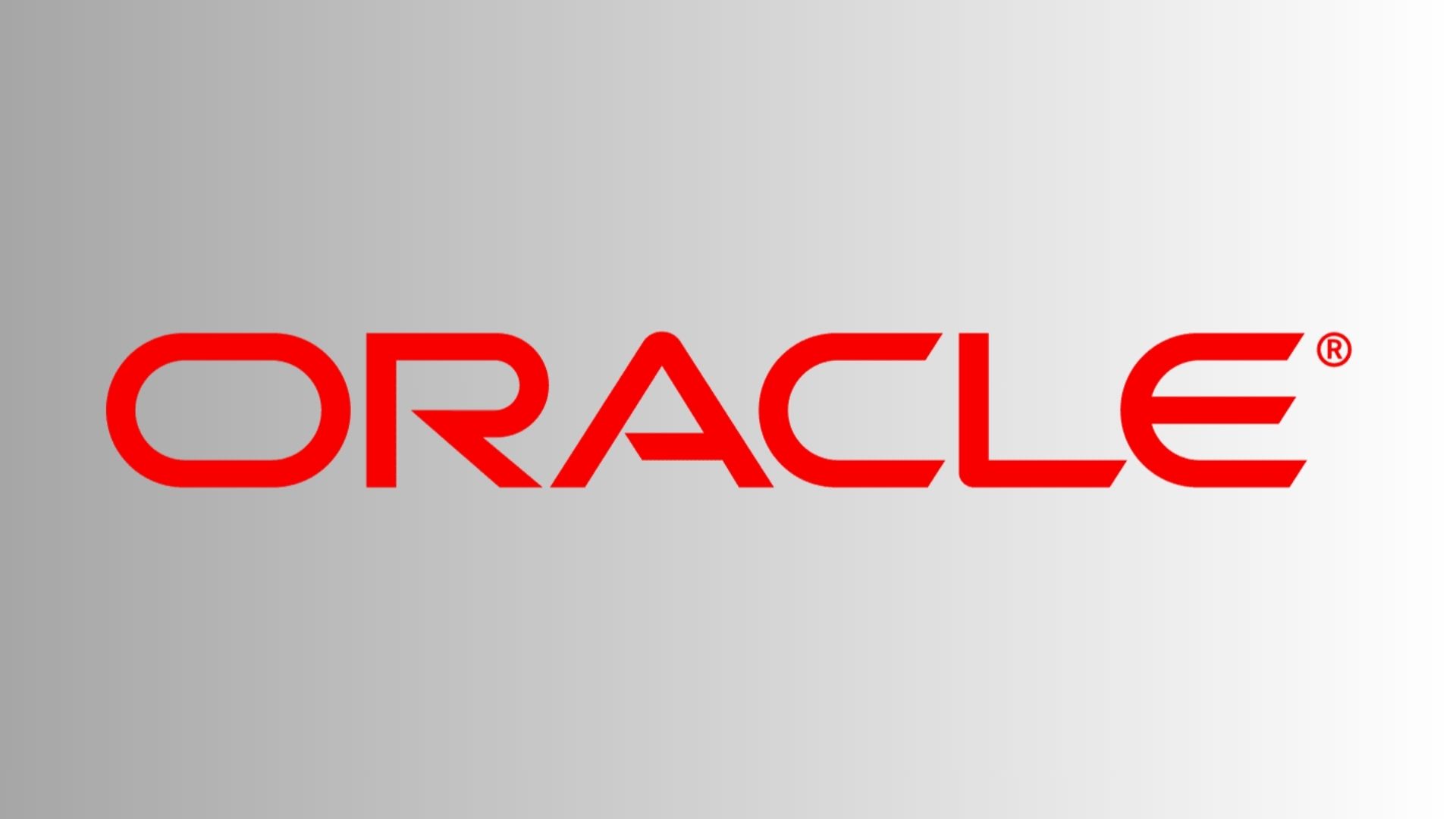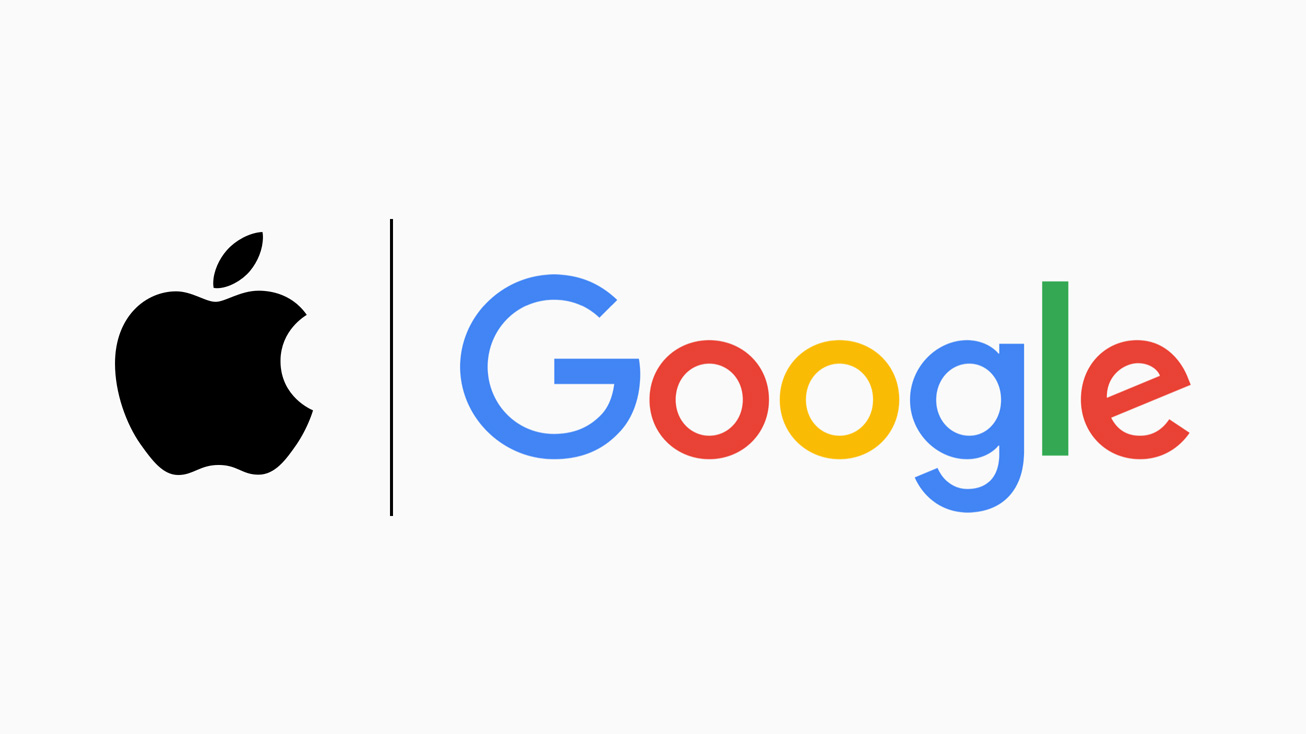NextEra Energy and Google have launched a major collaboration to accelerate nuclear energy deployment in the United States, anchored by the planned restart of the Duane Arnold Energy Centre in Iowa. The plant has been offline since 2020 and is slated to be back online by early 2029.
Under their agreement, Google will purchase the plant’s energy output through a 25-year power purchase agreement (PPA). Additionally, NextEra plans to acquire the remaining minority stakes in Duane Arnold to gain full ownership.
Central Iowa Power Cooperative, which currently holds part of the facility, will secure the output under the same terms.
As the energy needs of AI and cloud computing infrastructure surge, the Duane Arnold partnership positions nuclear power as a reliable, carbon-free baseload resource.
The revival is expected to bring substantial economic benefits: thousands of direct and indirect jobs during construction and operation, and over US$9 billion in regional economic impact.
Beyond Iowa, Google and NextEra will explore broader nuclear development opportunities across the US, including next-generation technologies to meet long-term demand.
Would you like to learn more about AI, tech and digital diplomacy? If so, ask our Diplo chatbot!










